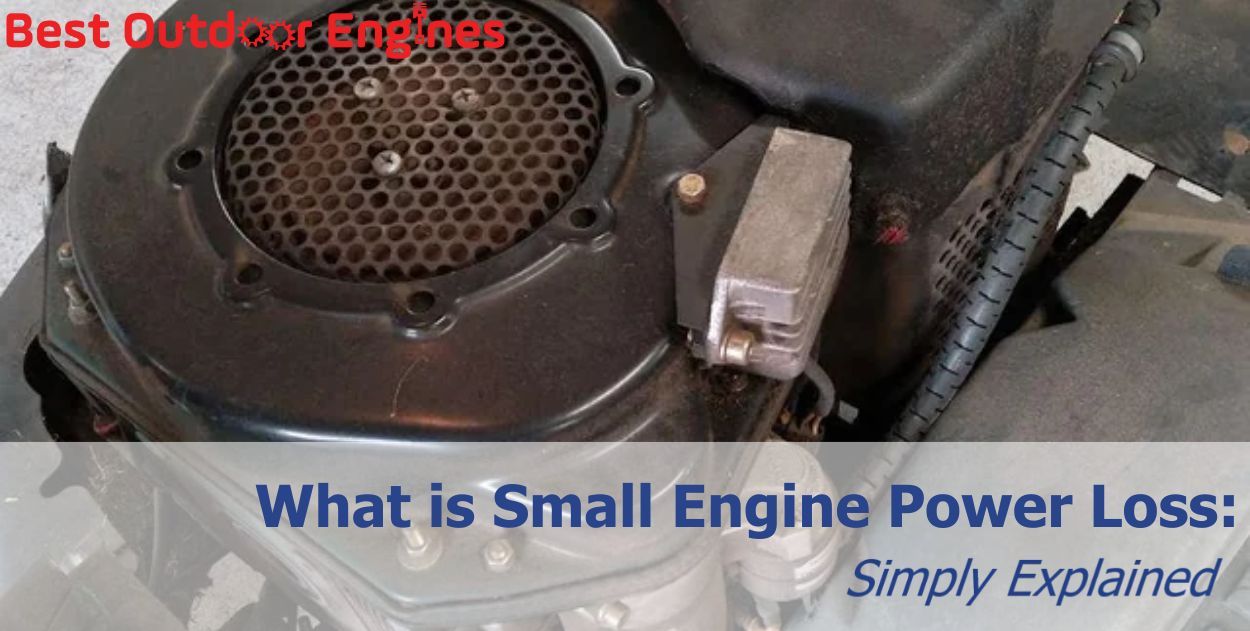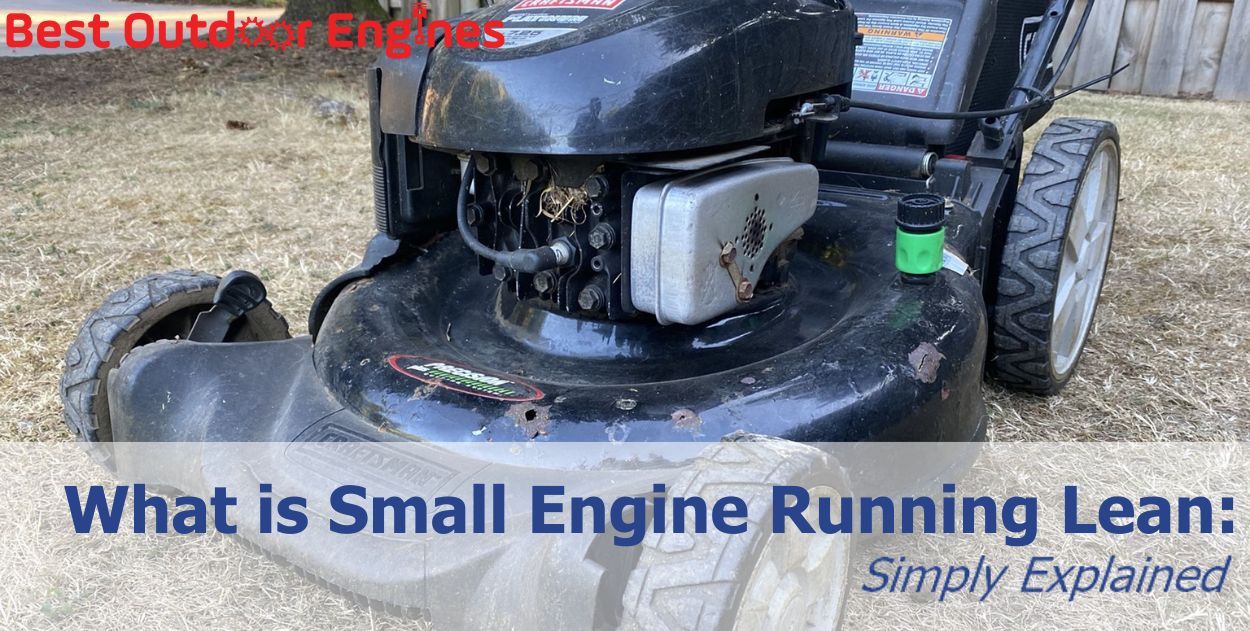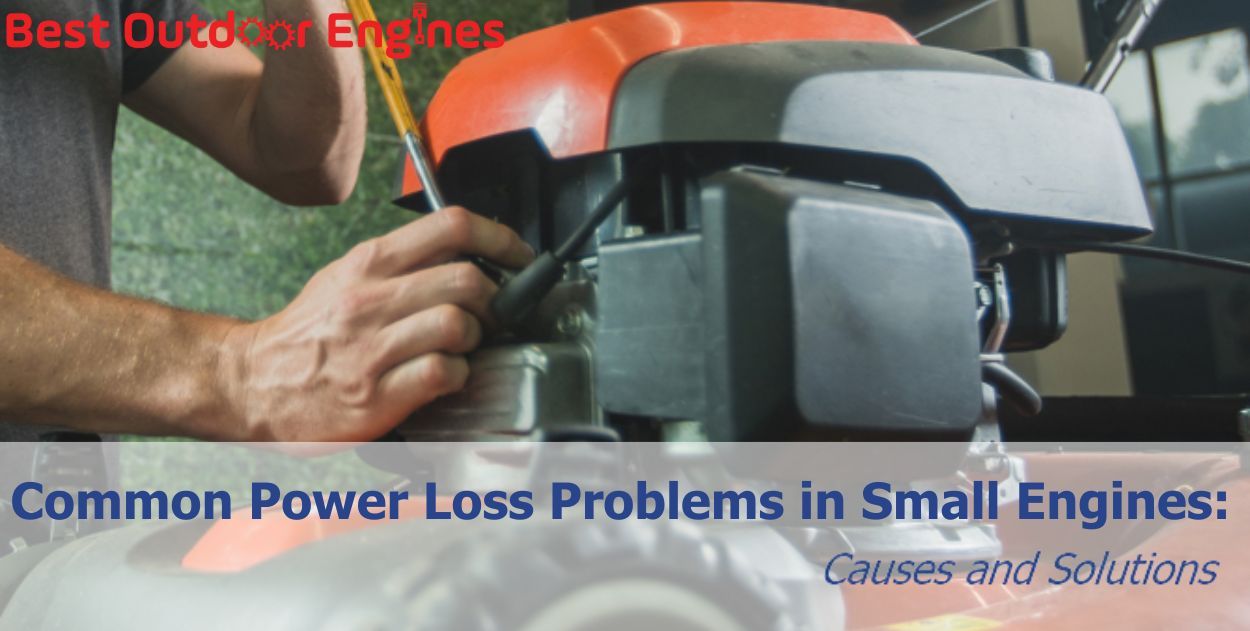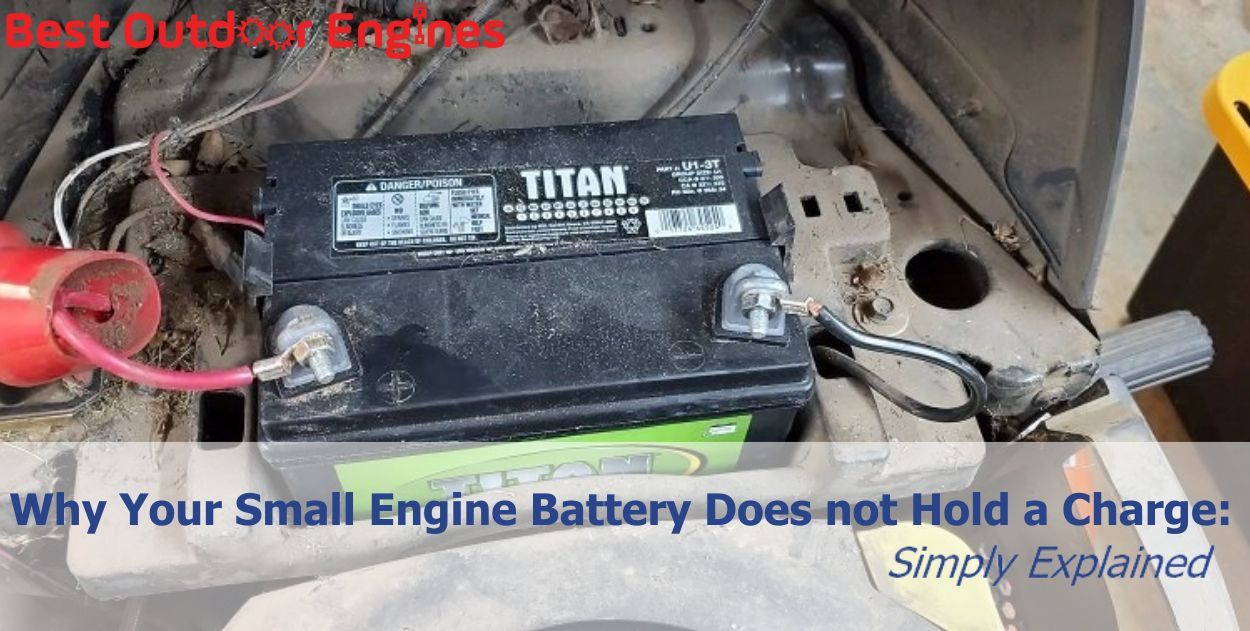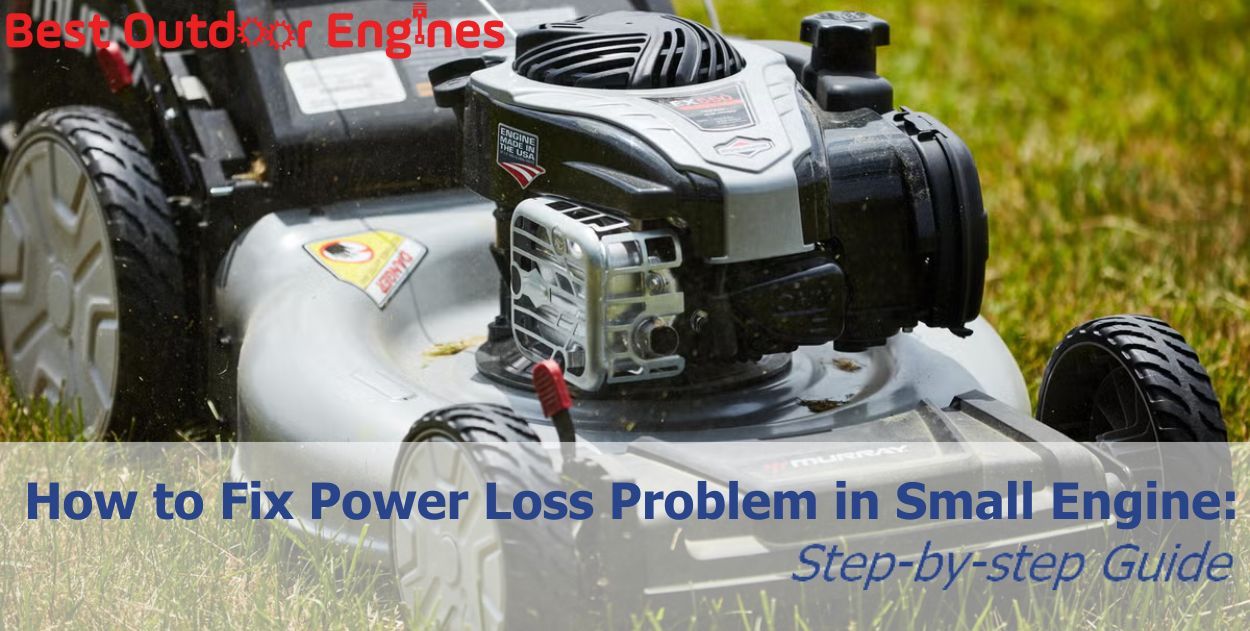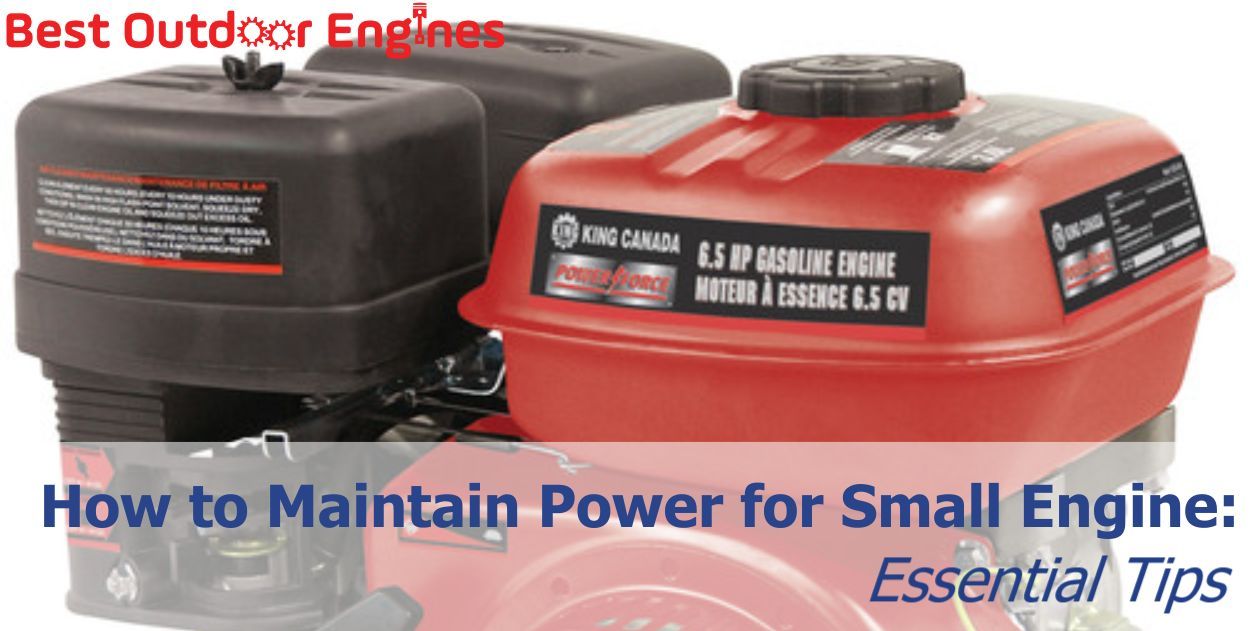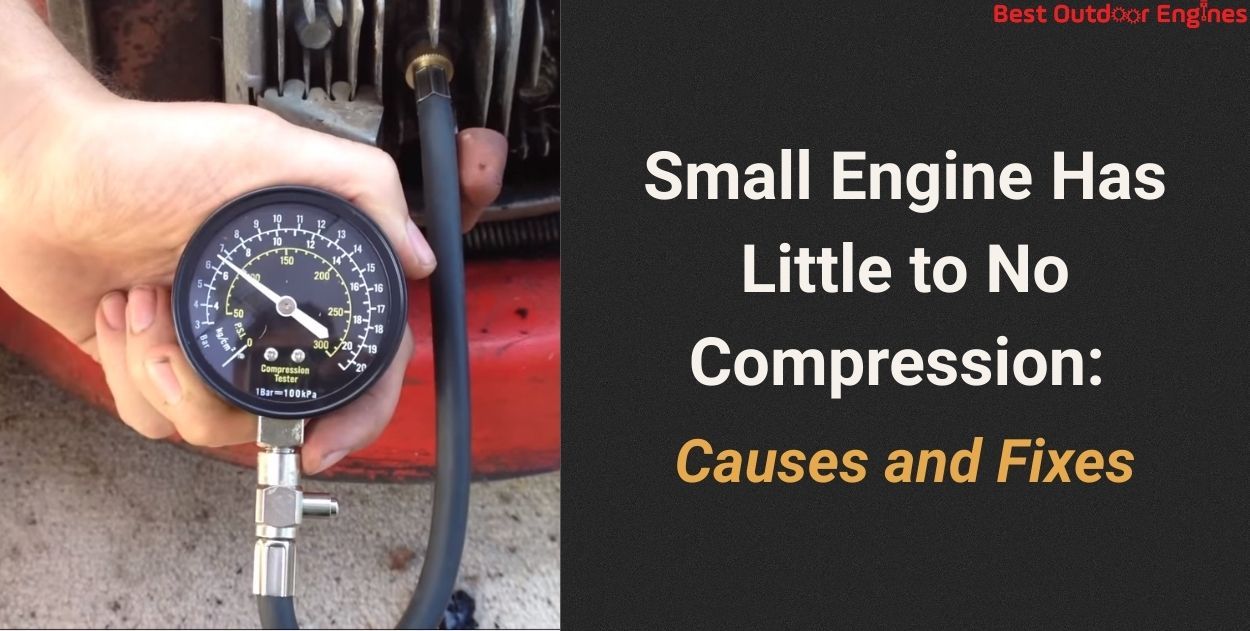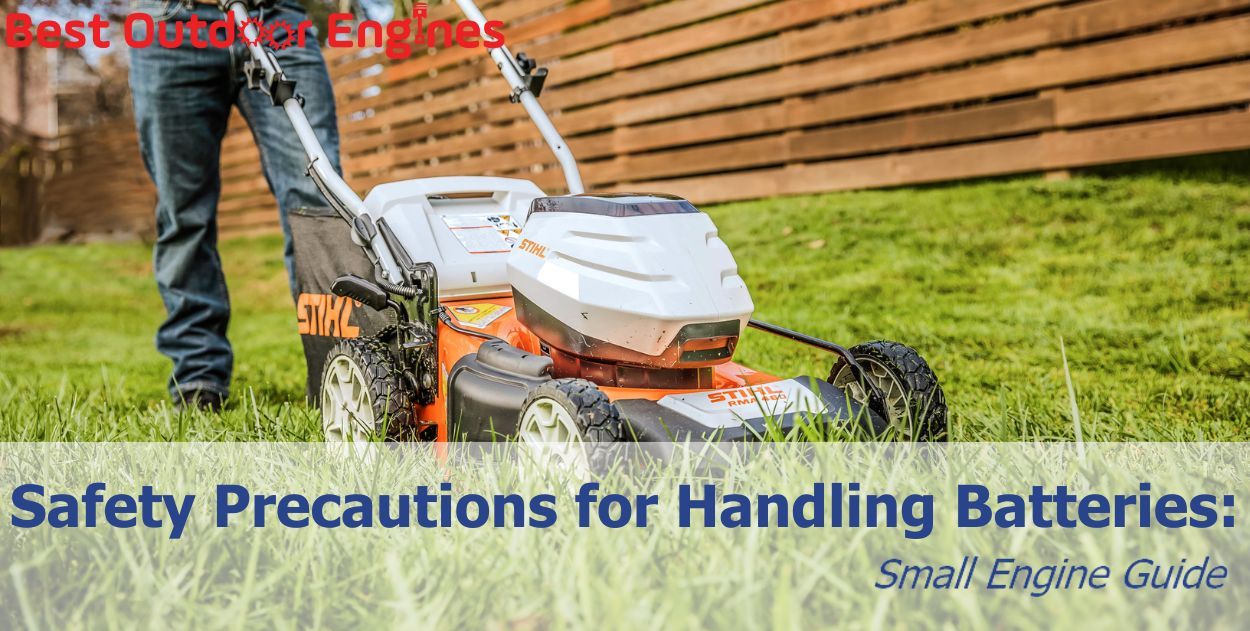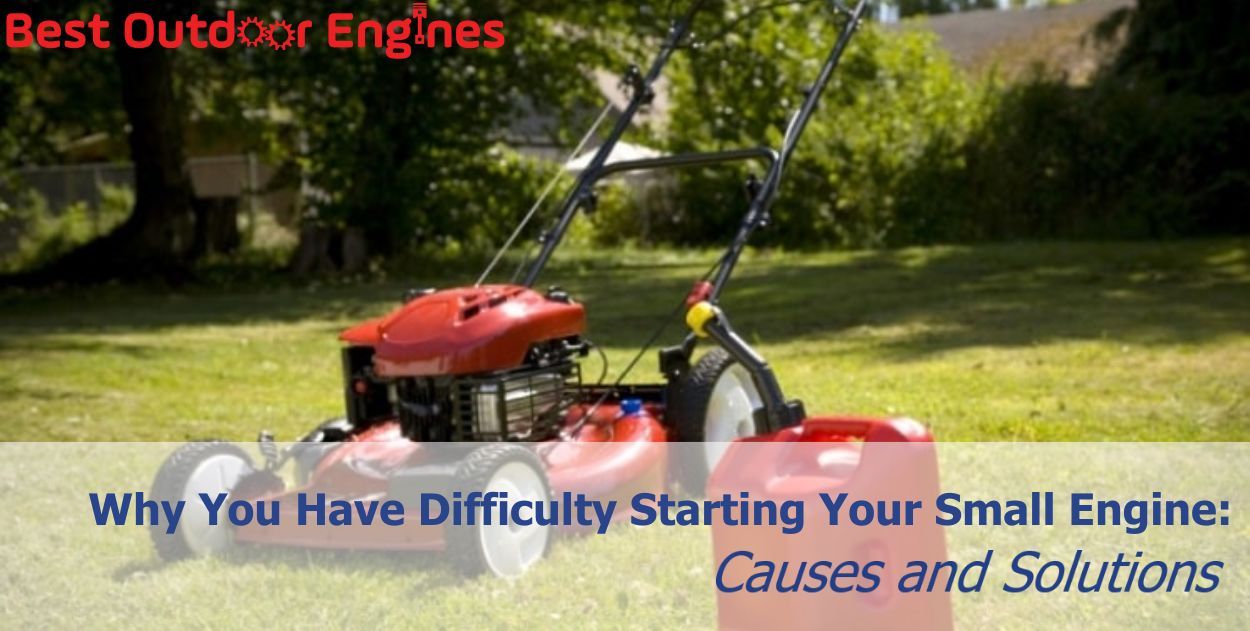What is Batteries in Small Engines: Small Engine Guide
If you are a frequent user of small engines or devices such as lawn mowers, generators, and other equipment, batteries play a crucial role. Learning about batteries is key to ensuring the longevity and efficient performance of your engine.

What is a Battery in Small Engines?
A battery in small engines is a compact, self-contained unit, typically rectangular, designed to fit into the specific confines of an engine's design. Encased in a durable plastic shell, it's robust enough to withstand the rigors of engine vibrations and outdoor elements. On its top, the battery features clearly marked positive (+) and negative (-) terminals, which are the crucial points of connection to the engine's electrical system.
Internally, the battery is constructed with a series of cells, each containing a chemical mixture, often lead plates submerged in a sulfuric acid solution in the case of lead-acid batteries. These cells are linked together to provide the required voltage and amperage for the engine's needs. The battery's design, including its vent caps and sealed compartments, is a testament to the emphasis on safety and efficiency. It ensures that the chemical reactions necessary for power storage and release occur in a controlled environment.
Visually, the battery's exterior may feature labels or indicators, such as a charge level indicator or maintenance instructions. The overall design reflects a balance between functionality, fitting into the engine's structure, and durability, ensuring long-term, reliable operation under varying conditions.
In small engines, a battery is essential for initiating the engine's operation and powering its electrical components. The battery stores electrical energy in a chemical form, ready to be converted and used when needed. When you turn on the engine's ignition switch, the battery springs into action, releasing electrical energy. This energy travels to the starter motor, which uses it to crank the engine, initiating the combustion process necessary for the engine to start running.
Once the engine starts, the alternator (or generator) takes over, supplying power to the engine's electrical systems and recharging the battery. This ensures that the battery remains charged and ready for the next start. The alternator produces an electrical current that reverses the chemical reaction in the battery, restoring the energy it expended during startup.
The battery’s role extends beyond just starting the engine. It also stabilizes the voltage in the electrical system, keeping it at a consistent level and protecting against fluctuations that could damage electrical components. In essence, the battery in a small engine is a pivotal component, serving as the starting point for engine operation and a stabilizer for the electrical system, ensuring smooth and efficient performance.
A malfunctioned battery in a small engine can lead to a cascade of issues, affecting the engine's performance and reliability. The most immediate and noticeable impact is starting problems. Since the battery is responsible for providing the initial power surge to the starter motor, a weak or dead battery will fail to crank the engine effectively, leading to unsuccessful start attempts.
Further, a malfunctioning battery can result in poor electrical performance. This can manifest in weak operation of lights, electronic ignition systems, and other powered components. Inconsistent power supply from a failing battery can cause the engine to run erratically, leading to fluctuations in speed and power output, which can be particularly problematic for engines used in precision tasks.
Additionally, an undercharged or damaged battery can lead to increased strain on the engine’s alternator (or charging system), as it tries to compensate for the lack of battery capacity. Over time, this can lead to premature wear or failure of the alternator, adding to maintenance costs.
In summary, a malfunctioning small engine battery not only hampers the engine's ability to start and operate efficiently but can also lead to broader system issues, highlighting the importance of a well-functioning battery in the overall health of your small engine.
Maintaining your small engine battery in top condition involves a few key practices. Firstly, regular checks are crucial. Inspect the battery for physical damages like cracks or leaks and ensure the terminals are clean and free from corrosion. Corroded terminals can impede the flow of electricity, leading to poor performance.
For lead-acid batteries, check the electrolyte levels and top them up with distilled water if necessary. Keeping the battery charged is vital, especially if the engine isn’t used regularly. A trickle charger can be useful for maintaining the battery’s charge without overcharging it.
Avoid exposing the battery to extreme temperatures, as both excessive heat and cold can adversely affect its lifespan and performance. When the engine is not in use for an extended period, consider removing the battery and storing it in a cool, dry place.
Regularly starting the engine and allowing it to run for a while can also help keep the battery charged. However, if you notice a decline in performance, have it tested at a service center. They can determine if it’s time for a recharge or replacement. Following these maintenance tips will ensure your small engine’s battery remains reliable and ready for use.
The battery in a small engine is a key component that demands attention and care. Understanding its role, maintaining it properly, and knowing when to replace it are essential for the smooth operation of your small engine. Proper battery care ensures that when you need your equipment, it’s ready to perform efficiently and reliably.
1. How long does a small engine battery typically last?
The average lifespan is 3-5 years, but it can vary based on usage and maintenance.
2. Can I use a car battery in my small engine?
It’s not recommended as small engines require batteries with specific capacities and sizes.
3. How can I prolong the life of my small engine’s battery?
Regular maintenance, proper charging, and storage practices can extend a battery’s life.
4. Do all small engines require batteries?
Not all, but many, especially those with electric starters and additional electrical components.
5. What should I do with an old small engine battery?
Recycle it at a proper facility, as batteries contain materials that can be hazardous if disposed of improperly.



